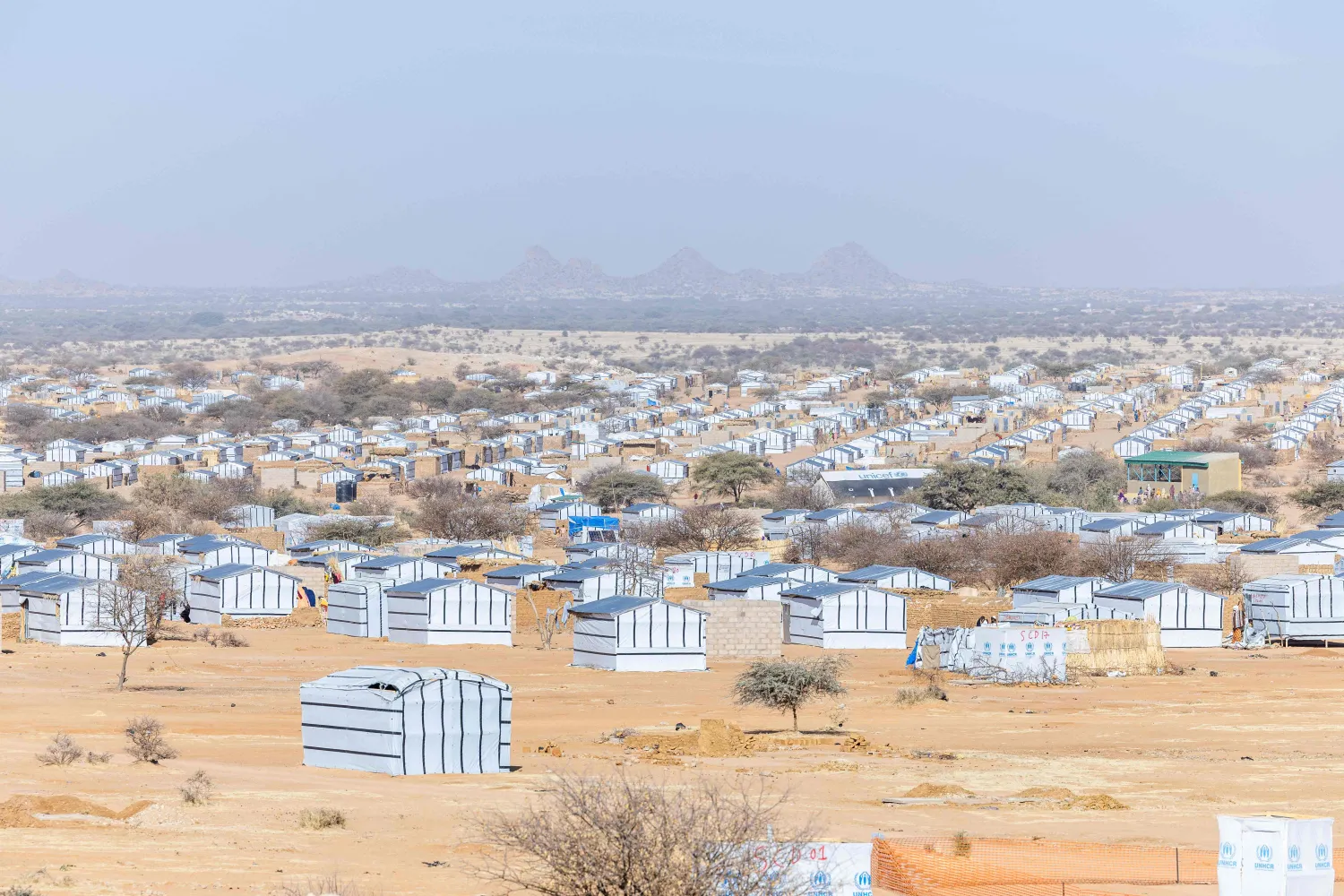Kuwaiti MP Mohammed Haif, who chairs the Committee for the Promotion of Values, declared an agreement with the Kuwaiti Minister of Education, Adel al-Manea, to enforce gender segregation at Kuwait University, established 57 years ago.
Speaking to the press at the Media Center of the National Assembly, Haif announced that the Committee reached an understanding with the Minister to eliminate mixed-gender classes in all faculties that currently have them. He highlighted that the law banning mixing between genders remains in effect.
Haif lauded the Minister's collaboration in ending these mixed classes and re-registering to separate male and female students.
He commended the Minister's responsiveness, noting that the discussion was fruitful and led to a decision to end mixed-gender classes in faculties such as the Faculty of Law and others.
The lawmaker specified that the meeting was productive, during which details were discussed regarding the implementation of Law No. 24 of 1996.
The law governs education at Kuwait University and the General Authority for Applied Education and Training, emphasizing the segregation of male and female students and registering in the sections again.
Haif emphasized the importance of Law No. 96 prohibiting the mixing between genders, stressing its clauses on modesty and ethical appearances within the university.
He pointed out that the law requires the Minister of Education to submit an annual report to the National Assembly detailing its enforcement progress.
The Committee for the Promotion of Values discussed the prohibition of gender mixing and gender impersonation with Manea and other university deans and officials.
Haif noted that these actions contradict existing laws, social morals, and Islamic guidelines, which set standards to maintain the ethics of Kuwaiti youth.
He emphasized that the law was clear regarding separating students and granting authorities five years to complete the process in all university activities.
The MP expressed the keenness of his fellow lawmakers in the Committee on the need to implement the law, noting that it stipulates a modest dress code.
- Islamization of laws
The decision is seen as the latest in a series of steps toward the Islamization of laws in Kuwait.
Previous laws proposed mandates for women to wear Islamic attire when voting or running for office.
On July 21, five lawmakers introduced a proposal to ban cosmetic surgeries and tattoos, demanding that the Interior Ministry be notified before and after facial and finger cosmetic surgeries.
Violators face up to five years imprisonment and a minimum fine of KD1,000.









